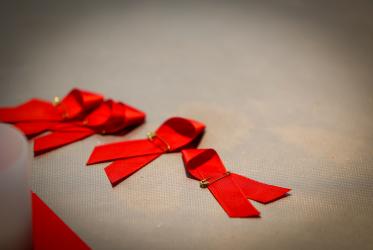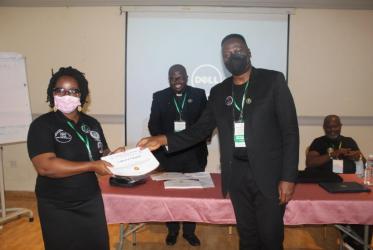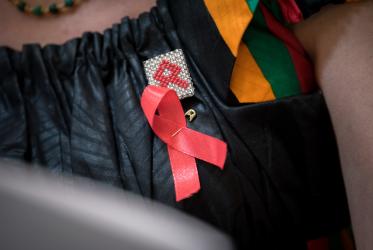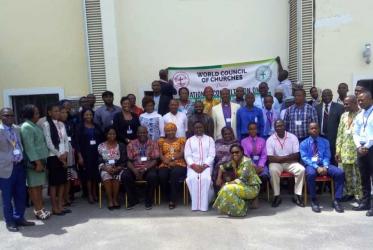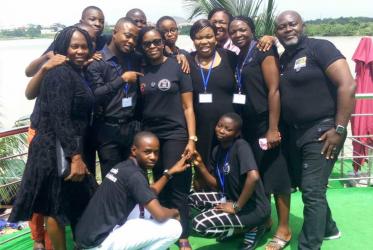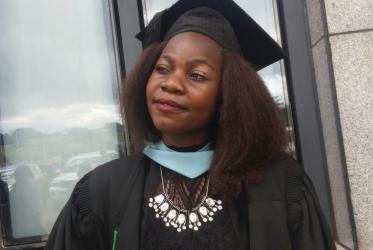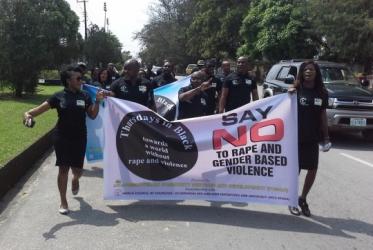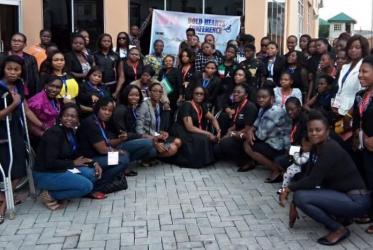Displaying 1 - 20 of 24
Young people in Nigeria focus on positive masculinity, femininity
14 December 2018
#WCC70: A prayer about health and healing
20 July 2018
In Nigeria, Thursdays in Black is flourishing
26 March 2018
“Do you know where to search for your lost child?”
18 July 2017
New videos help congregations hasten HIV response
20 October 2016
Voices from HIV workshop reflect deep impact
07 April 2016
Person with disability shares reflection on AIDS conference
10 December 2015

